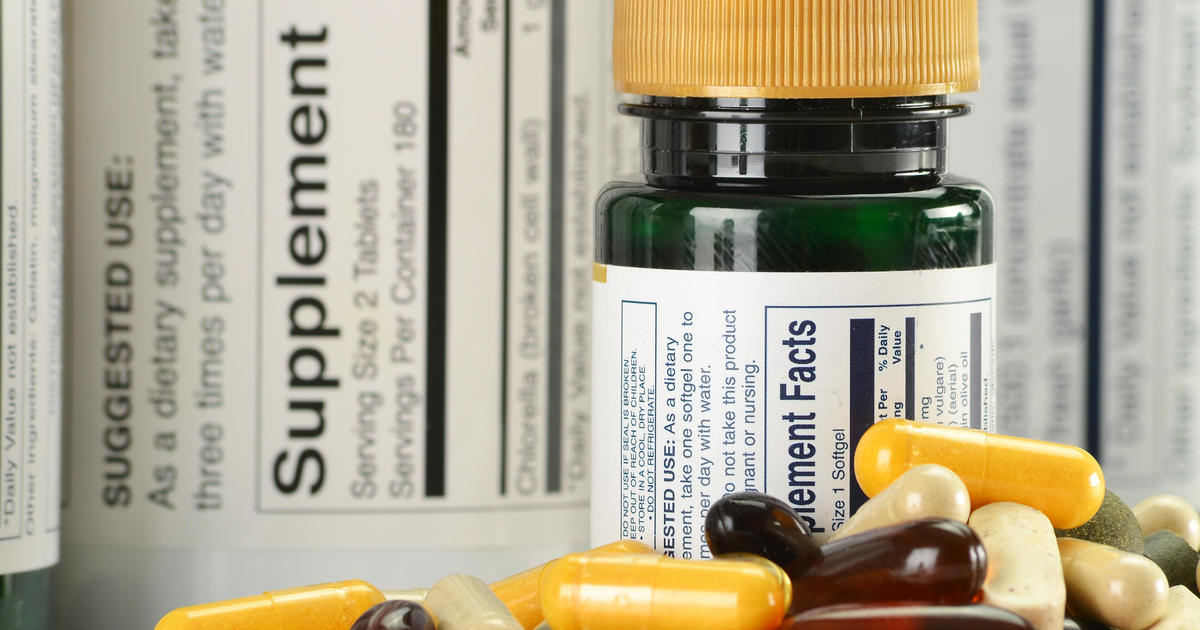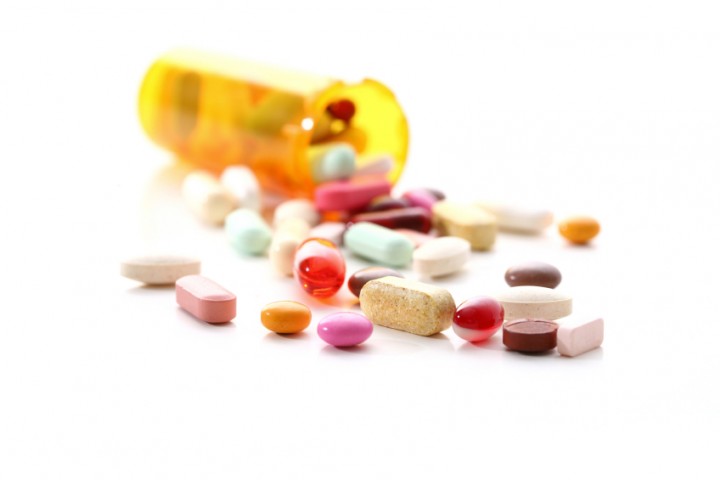
Supplements are a strange thing. Although they’re a multi-billion industry, producers don’t need to prove that they are effective — only that they are safe. As a result, among the evidence-based products, a lot of snake-oil has also snuck on the shelves.
In a new piece on The Conversation, six scientists — experts in everything from public health to exercise physiology — discuss what supplements they take every day, and why they do it. It’s not exactly peer-reviewed science, but if there’s any advice you should follow, this is it.
Contents [hide]
- 1 Turmeric
- 2 Vitamin D
- 3 Probiotic
- 4 Prebiotic
- 5 Omega 3
- 6 Nothing but real food
Turmeric
Simon Bishop, lecturer in public health and primary care, Bangor University.

Image credits: Taylor Kiser.
Turmeric is generally thought of as a spice more than a supplement. It’s used chiefly in South-East Asia to add an earthy fragrance to foods, especially curry dishes. But recent studies have proven turmeric to be quite effective in preventing and treating a number of conditions. There is growing evidence that curcumin, a substance in turmeric, may also help to protect against a range of diseases, including rheumatoid arthritis, cardiovascular disease, dementia and some cancers. Bishop writes:
“The evidence underpinning these claims of health-giving properties is not conclusive, but it is compelling enough for me to continue to take turmeric each morning, along with my first cup of coffee – another habit that may help me live a bit longer.”
Vitamin D
Graeme Close, professor of human physiology, Liverpool John Moores University.

Senior Airman Michael Cossaboom, 20th Fighter Wing Public Affairs photojournalist, pretends to eat the sun during a sunrise in Asheville N.C., April 18, 2016. Finding ways to enjoy the workday keeps morale high for Airmen and their counterparts. (U.S. Air Force photo by Senior Airman Jensen Stidham)
Vitamin D is a peculiar substance, in the sense that it can be synthesized by our bodies, but only in the presence of sunlight. Most people are aware that we need enough vitamin D to maintain healthy bones, but, in recent times, researchers have shown that it plays a much more important role in our bodies. Among others, vitamin D deficiencies can result in a less efficient immune system, impaired muscle function and regeneration, even depression.
Professor Close says that one of the positives of perks Vitamin D supplements is that it offers great value for the money.
“Vitamin D is one of the cheapest supplements and is a really simple deficiency to correct. I used to test myself for deficiencies, but now – because I live in the UK where sunlight is scarce between October and April, and it doesn’t contain enough UVB radiation during these cold months – I supplement with a dose of 50 micrograms, daily, throughout the winter. I also advise the elite athletes that I provide nutrition support to, to do the same.”
Probiotic
Justin Roberts, senior lecturer in sport and exercise nutrition, Anglia Ruskin University.

Probiotics are also commonly found in yogurt. Image via Pixnio.
Having a healthy and diverse bacterial fauna is vital for our good health — through the efficacy of probiotics remains somewhat of an open question. Still, there is significant scientific evidence to support the importance of probiotics. For instance, a recent study carried out by Roberts and colleagues found that taking a probiotic in the evening with food, over 12 weeks of exercise training, reduced gastrointestinal problems in novice triathletes. Other research has supported the efficacy of probiotics in a number of aspects, including improving intestinal health, enhancing the immune response and reducing serum cholesterol.
Prebiotic
Neil Williams, lecturer in exercise physiology and nutrition, Nottingham Trent University.

Garlic and onions are two natural sources of prebiotics. Image via Pixnio.
Prebiotics are less known than their “cousins” the probiotics. Prebiotics are a group of non-digestible carbohydrates that act as a “fertilizer” to increase the growth and activity of beneficial bacteria in the gut. This can, in turn, have positive effects on inflammation and immune function, metabolic syndrome, increase mineral absorption, reduce traveler’s diarrhea and improve gut health. In a study, Williams showed that prebiotics reduced the severity of exercise-induced asthma in adults by 40%.
“I add prebiotic powder to my coffee every morning. I have found that it reduces my hayfever symptoms in the summer and my likelihood of getting colds in the winter.”
Omega 3
Haleh Moravej, senior lecturer in nutritional sciences, Manchester Metropolitan University.

Image via MaxPixel.
Omega 3 is a type of fatty acid that plays a very important role in brain development and mental health. There is overwhelming scientific evidence that it can improve brain function, prevent mood disorders, and help to prevent Alzheimer’s disease. However, most people, like Moravej, just aren’t getting enough of it in their diets.
“After analysing my diet it was obvious that I wasn’t getting enough omega 3 fatty acids. A healthy adult should get a minimum of 250-500mg, daily.
Due to my busy schedule as a lecturer, during term time my diet is not as varied and enriched with omega 3 fatty acids as I would like, forcing me to choose a supplement. I take one 1,200mg capsule, daily.”
Nothing but real food
Tim Spector, professor of genetic epidemiology, King’s College London.

Image credits: Brooke Lark.
Lastly, it’s important to realize that while supplements can make a big difference, in an ideal world we would get everything we need from our food. Spector believes that rather than taking expensive and ineffective synthetic products, we should get all the nutrients, microbes, and vitamins we need from eating a range of real foods, as evolution and nature intended.
To make his case even stronger, there is evidence that supplements can sometimes have significant downsides. Studies have shown that multivitamins show regular users are more likely to die of cancer or heart disease, for example.
At the end of the day, the choice is yours. Again, it would be best if we could take everything we need from our foods, though sometimes that’s not possible. If that is the case and you do choose to supplement your diet with tablets and pills, make sure you are doing it properly because otherwise, it could end up doing more harm than good. Discussing things with your doctor is always a good idea, and always follow evidence-based medicine.

